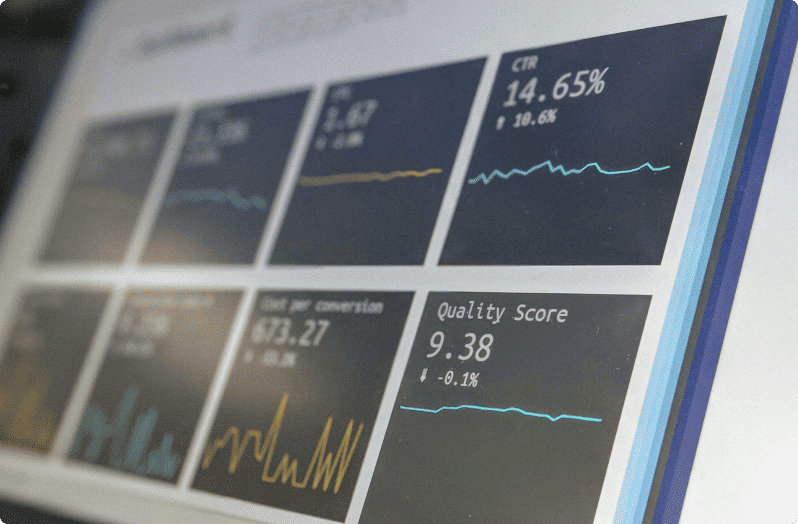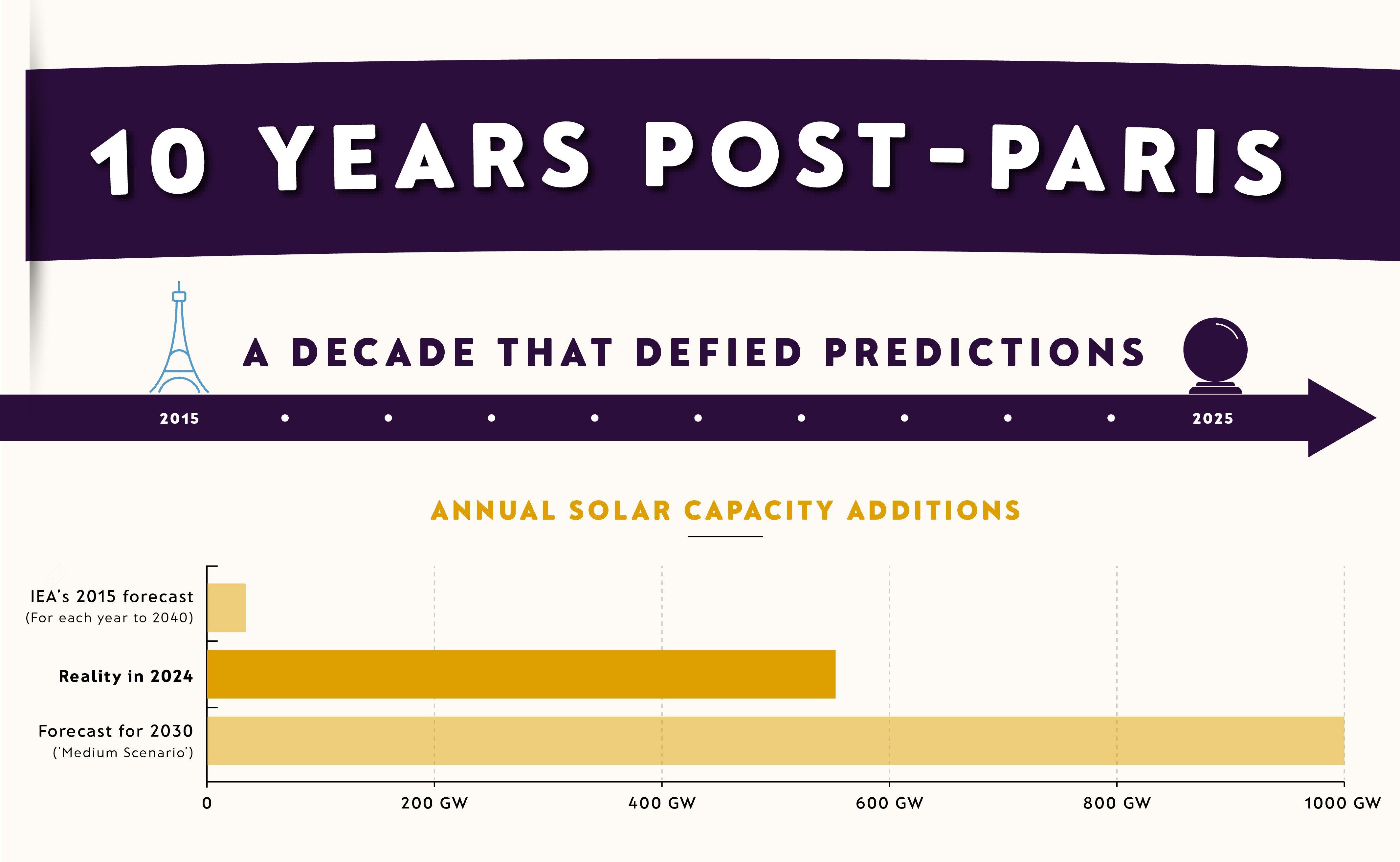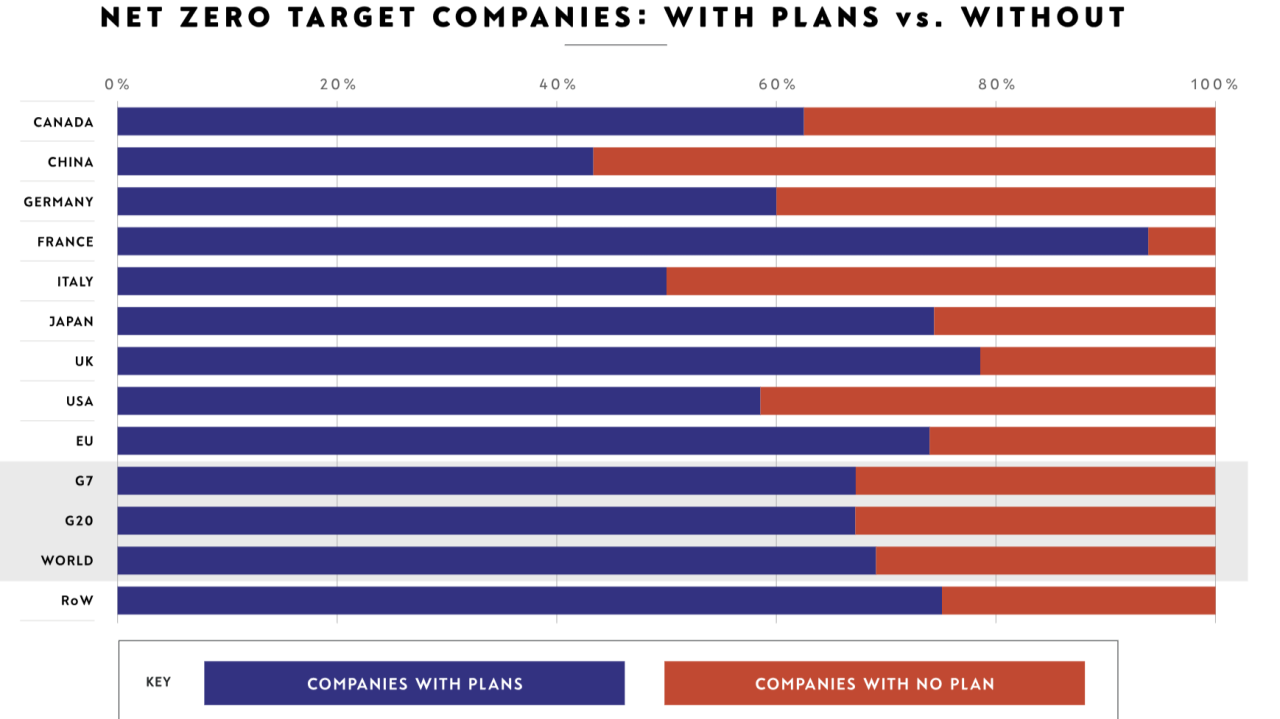
Regulations roundup: What’s the latest in the world of ESG?

CMS
Catch up on the most important ESG regulation developments in Europe and the US

A lot can happen over the course of a few weeks in the world of ESG. Since Wednesday 25 September 2024, there have been several important developments in Europe and the US and, while we don’t claim to cover every development, this is a summary of those that have most captured our interest and attention.
European Commission begins infringement process regarding transposition of the CSRD
On Thursday 26 September 2024, the European Commission (“EC”) announced that it has sent letters to 17 EU Member States, opening infringement procedures against them for failing to communicate that they have fully transposed the Corporate Sustainability Reporting Directive (“CSRD”) into national law.
EU Member States were required to transpose the CSRD, which introduces phased-in mandatory sustainability reporting requirements from 1 January 2024, by 6 July 2024 (you can read more about the CSRD’s reporting requirements here). However, 17 EU Member States have failed to communicate to the EC that they have fully transposed the CSRD. The EC has, therefore, sent letters of formal notice to these Member States, who have until 26 November 2024 to respond and complete their transposition. If they fail to do so, the EC may take further steps to ensure effective transposition.
Given the timelines for implementation by in-scope companies, the ongoing uncertainty across so many jurisdictions is concerning and adding to an already difficult process for many international clients. CMS has coverage across the majority of impacted jurisdictions – please do reach out if you have any concerns about your implementation plans or are still in the process of assessing your requirements.
European Commission proposes delaying Deforestation Regulation compliance by one year
On Wednesday 2 October 2024, the EC proposed delaying Deforestation Regulation compliance by one year. Under the EC’s proposal, large companies would have until 30 December 2025 and SMEs would have until 30 June 2026 to comply with their obligations under the Deforestation Regulation, as opposed to the previous respective compliance dates of 30 December 2024 and 30 June 2025. It is worth noting that the EC’s proposal is subject to the approval of the European Parliament and the Council of the EU.
The EC, which introduced the Deforestation Regulation to minimise the EU’s contribution to deforestation and forest degradation (which you can read more about here), also published additional guidance and updated FAQs to assist in-scope entities comply with the Deforestation Regulation.

While this delay will provide in-scope entities with more time to prepare, the 12 month delay would put 80,000 acres (32,375 hectares) of forest at risk each day, fuel 15% of global carbon emissions, and damage the EU’s credibility on its climate commitments.
The impact of the delay is an enormous concern and we would strongly advise clients to continue apace with their preparations.
ESAs reaffirm sustainable finance as a top priority
On Tuesday 1 October 2024, the European Securities and Markets Authority (“ESMA”) published its 2025 Annual Work Programme. This follows the publication of the other ESAs’ - the European Banking Authority (“EBA”) and the European Insurance and Occupational Pensions Authority (“EIOPA”) – 2025 Annual Work Programmes on 30 and 24 September 2024, respectively (which you can read here and here).
The ESMA’s 2025 Annual Work Programme provides that the ESMA’s key sustainable finance objectives are to:
- Contribute to facilitating the financing of the EU transition towards a more sustainable economy, while preserving market integrity and financial stability as well as a high level of investor protection;
- Promote effective and consistent integration of sustainability-related factors in supervisory, convergence, risk assessment and regulatory activities;
- Maintain investors’ confidence in ESG investments by promoting high quality sustainability disclosures and addressing the risk of greenwashing; and
- Systematically monitor ESG market developments and climate risk including when performing stress tests.
The ESMA’s 2025 Annual Work Programme also lists a number of specific outputs for 2025, including:
- Collaborating with national supervisory authorities to develop supervisory tools to detect and address greenwashing;
- Assessing vulnerabilities of financial market participants (“FMPs”) and products within ESMA’s remit to adverse climate-related financial shocks;
- Publishing guidance on sustainability-related claims to FMPs;
- SDeveloping regulatory technical standards to supplement the Green Bond Regulation and the ESG Rating Regulation (which you can read more about here and here); and
- Potentially providing additional guidance for disclosures under the Sustainable Finance Disclosure Regulation (which you can read more about here).
The EBA and the EIOPA have placed similar emphasis on the importance of sustainable finance in their respective Annual Work Programmes, declaring that their objectives are to (among other things) design and implement frameworks for monitoring ESG-related risks and delivering ESG-related technical standards. In terms of specific outputs for 2025, the EBA and EIOPA have committed to (among other things):
- Publishing guidelines on ESG risk management in Q1 2025;
- Incorporating ESG and greenwashing considerations into existing legal instruments on consumer protection and retail conduct, including the EBA Guidelines on Product Oversight and Governance, in Q3 2025; and
- Contributing to the EC’s initiative regarding the CSRD, including the European Financial Reporting Advisory Group’s work to develop sustainability reporting standards.

IFRS publishes guidance on sustainability reporting standards
On Wednesday 25 September 2024, the IFRS published guidance aimed at helping companies voluntarily applying the International Sustainability Standards Board’s (“ISSB”) global sustainability disclosure standards: IFRS S1 (General Requirements for Disclosure of Sustainability-related Financial Information) and IFRS S2 (Climate-related Disclosures) (together, the “Standards”).
The Standards, which require entities to disclose material information about all sustainability-related and climate-related risks and opportunities that could reasonably be expected to affect an entity's prospects, are intended for use by companies for annual reporting periods beginning on or after 1 January 2024, meaning that the earliest they could be disclosed is in companies' 2025 annual reports. The Standards are, however, voluntary and so it is up to the governments of jurisdictions across the globe to decide whether they want to mandate them.
Over 20 jurisdictions have announced steps to use, or align their own reporting frameworks with, the Standards, including Australia, Brazil, Canada, Hong Kong and the UK. Investor demand for companies to voluntarily comply with the Standards is also increasing. The IFRS has, therefore, published guidance to help companies communicate progress as they begin to apply the Standards in advance of, or in the absence of, jurisdictional regulation.
California governor signs bill amending Climate Acts into law
On Friday 27 September 2024, the governor of California signed into law Senate Bill 219 (“SB 219”), amending the Climate Corporate Data Accountability Act (“SB 253”) and the Climate‐Related Financial Risk Act (“SB 261”).
SB 253 and SB 261 require US-based companies doing business in California to make disclosures about their emissions and climate-related financial risks from 1 January 2026. Although SB 219 does not amend the key substance of the reporting requirements, it does ease some of the demands on in-scope entities. For example, scope 3 emission reporting deadlines will now be set according to a schedule specified by the California Air Resources Board, as opposed to being required within 180 days after disclosure of scope 1 and 2 emissions, whilst climate reporting is also now permitted to be consolidated at the parent level, as opposed to the previous requirement for each in-scope entity to produce a report.
It is encouraging to see California push ahead with their disclosure regime given the hugely differing approaches in the US. It is crucial that clients be aware, however, that the California rules are not based on domicile, but on financial thresholds. As a result, a broad spectrum of companies will be in scope of the new rules and it is important to determine whether the business you undertake in California will bring you into scope.
For global companies in scope, an additional – and yet another slightly different – approach to disclosure also raises the question of misalignment across reporting. Clients should take care to consider the risks inherent in compliance with a complexity of similar regulations, particularly given the increase in ESG-related litigation we are seeing across the globe. Please do get in touch to discuss the way in which you may be impacted by the various regulations – from California, to Australia, to CSRD, to TCFD to any of the other frameworks being implemented.
This article was written by Laura Houët, partner and co-Head of the ESG Task Force at CMS, and Oliver Williams, associate at CMS. It was first published on CMS Law-Now on 4th October 2024.

CMS
Share "Regulations roundup: What’s the latest in the world of ESG?" on

































